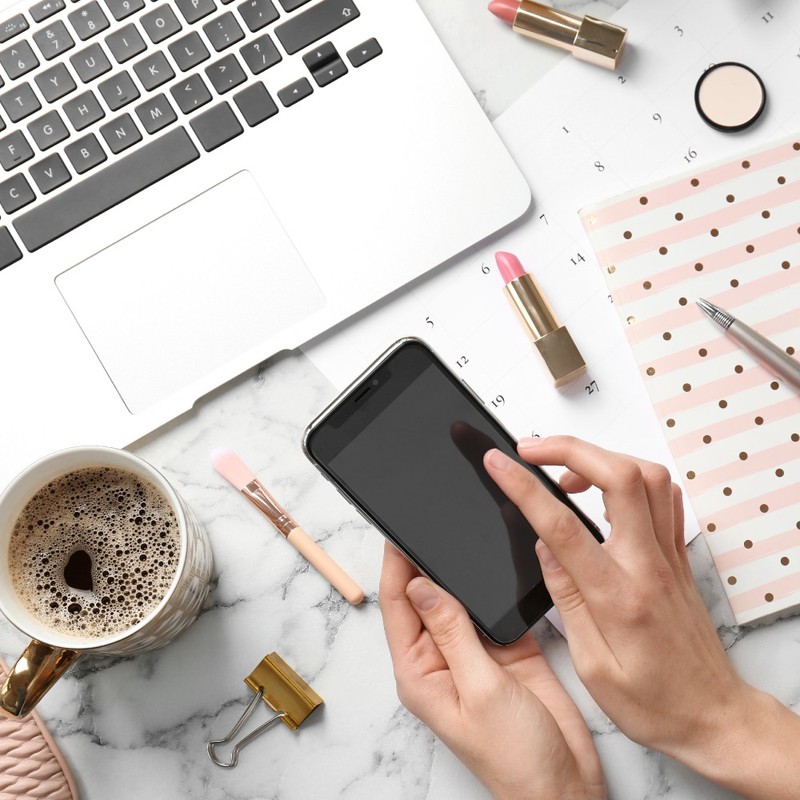4 Ways To Tackle Tech Skin
Skin Issue One: Tech Neck
Constantly looking down at your phone or laptop could be affecting the skin on your neck, so if you begin to horizontal lines on your throat, it could be your Instagram habit that’s exacerbating the issue. Because your neck skin isn’t attached to any bones, it’s one of the first areas to display the natural progressive pull of gravity, and as it can often be neglected in our beauty regimes too, crepey, sagging and dehydrated skin can happen all too easily. While Botox and fillers are options for those further down the line, they’re not permanent solutions so prevention really is the best cure – make an effort to extend your skincare regime beyond your face, focusing on serums and products containing ferulic acid, vitamin C and retinol; Dr Sebagh’s cult neck cream promises visible results within weeks. If you’re an acid fan, don’t be afraid to extend this to your neck, either, to boost cell turnover and collagen production.
And as for looking at a screen? The more movement, the more risk of lines developing – if you’re always going to be on your phone, experts say it’s best to bring it to eye level, rather than looking downward.
Skin Issue Two: Light Damage
It’s not just the sun’s UVA and UVB rays that contribute to premature ageing – the latest culprit to watch out for is HEV light, the blue light emitted by our laptops and smartphones, which can trigger early onset wrinkles and pigmentation issues. HEV light, which appears blue in colour, is very close to UV light on the electromagnetic spectrum and studies show it can be as damaging to the skin as UVA and UVB combined. While you may not get burnt after a day in the office, HEV causes invisible damage, triggering uneven pigmentation, premature ageing and impaired barrier function. Skincare expert Jean-Louise Sebagh recently claimed we should all be wearing a sunscreen and a ‘screen-screen’ – and he could be onto something. Us Brits tend to spend an average of nine hours a day in front of a screen, so take action against HEV damage with Murad’s Age Defence SPF 50, which also contains vitamin C to prevent environmental damage from taking its toll.
Skin Issue Three: Fine lines
According to cosmetic surgeon Dr Michael Prager, ‘computer face’ is now a thing. Are you at risk? If your job is desk-bound, the answer is likely yes: “Professionals who work long hours in front of a screen can end up with saggy jowls and deep-set wrinkles on their forehead and around their eyes,” he said. “If you are one of the unfortunate people who frown or squint when they are concentrating on a screen, you will inevitably end up with frown lines.” It’s also worth noting squinting at your screen can cause tension headaches, as well as an ongoing groggy feeling and an increase in stress levels – yikes. But before you go handing in your notice it could be worth considering Botox which can be preventative, stopping facial muscles from working overtime, and thus reducing the likelihood of further wrinkles. Also invest in a good eye cream to target any fine lines caused by continued creasing – we love La Roche Posay Redermic R Eyes. Consider getting your eyes tested too, to prevent unnecessary squinting.
Skin Issue Four: Breakouts
Ever finished a phone call, then looked at your phone only to find a thick layer of make-up or oil on the screen? Fear not – we’ve all been there, but it’s worth noting your phone harbours a serious amount of bacteria, which can lead to clogged pores and blemishes. In fact, a recent study found your phone can carry ten times more bacteria than the average loo seat, so if you’re breaking out on your cheeks and chin, that could be why. Tackle existing breakouts with products containing salicylic and azelaic acids, which both have an antibacterial and anti-inflammatory effect (The Ordinary’s Salicylic Acid is affordable and effective), and always keep a hand sanitizer on your desk.
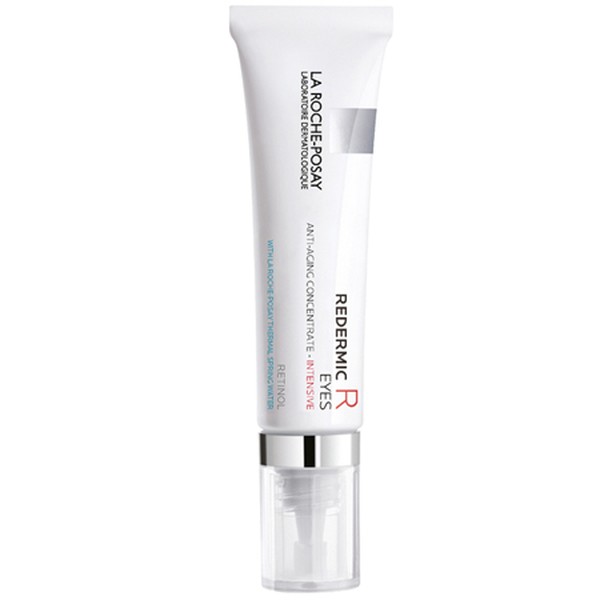

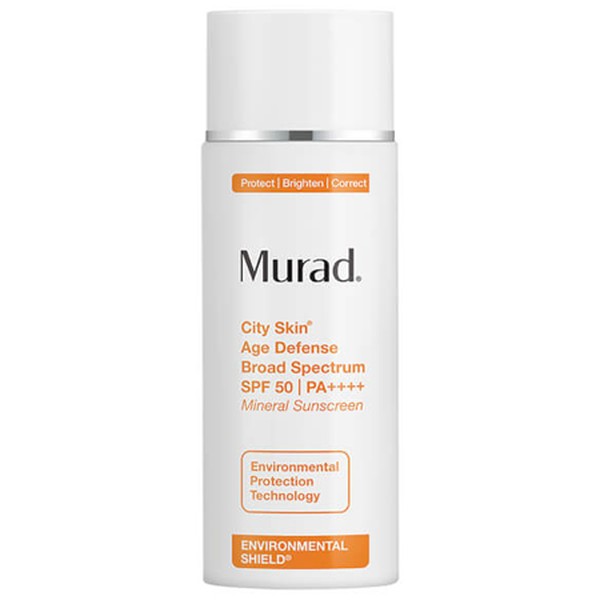
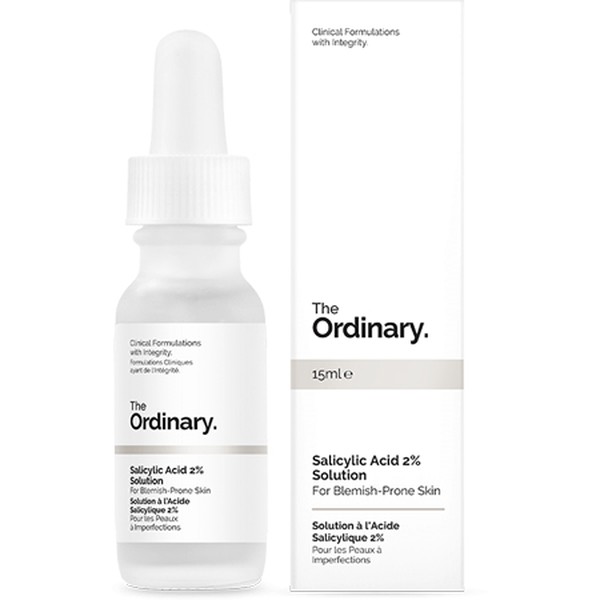
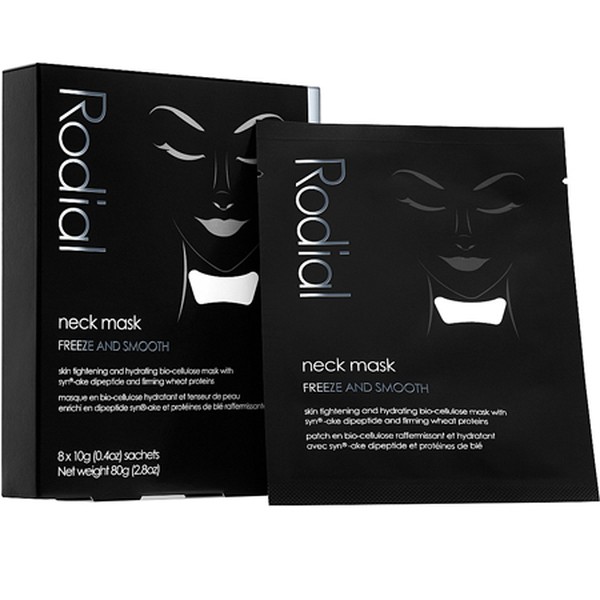
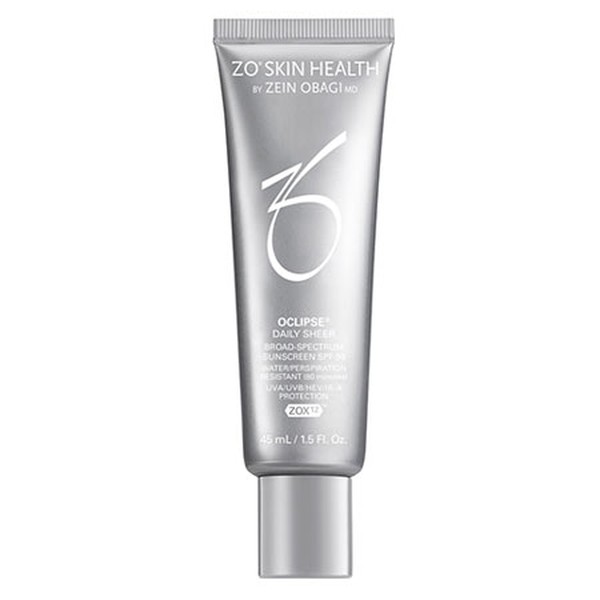
DISCLAIMER: We endeavour to always credit the correct original source of every image we use. If you think a credit may be incorrect, please contact us at info@sheerluxe.com.
